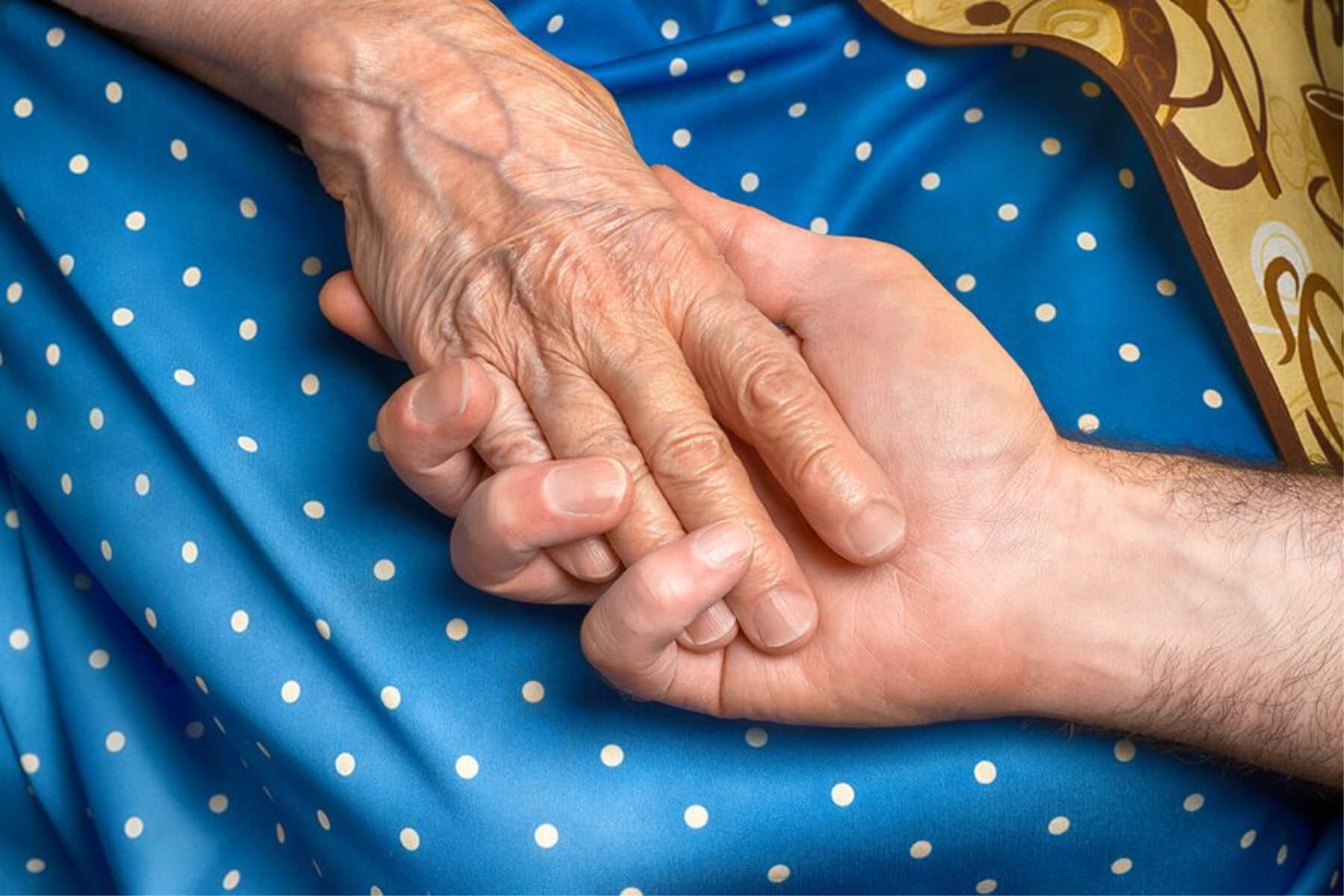Caring For Aging Skin

Elderly Care in Gulf Shores AL: Aging Skin Care
Mirror, Mirror
Once wrinkles and age spots appear on the smooth surface of a once- youthful face, and as taut, muscular arms turn crépey, older adults are quick to bemoan unsightly skin conditions as nature’s way of cruelly ruining their appearance. But the loving family, friends, and caregivers of the elderly must learn to look past cosmetic problems to view the skin of seniors as the front door to their immune system.
The Risks of Being Thin-Skinned
With age, skin thins. The Mayo Clinic has reported that after age 40, half of American adults are afflicted with dry skin as the oil and sweat glands that keep youthful skin soft and firm become less productive. Thin skin is often itchy, which prompts those who suffer from dry, scaly skin to scratch and pick at the discomfort. Skin infections develop swiftly, compromising an older person’s natural protection against pathogens. Even without scratching, thin skin can crack, open the body to germs, and cause pain. Bruises are also quick to form, even without a memorable accident, as the blood vessels below thinning skin become increasingly vulnerable to injury.
Care for Sensitive Skin
Experienced caregivers should be ready to offer advice and comfort to elderly people with dry skin, beginning with the daily use of a thick, non-greasy, unscented skin lotion, ointment or cream. Pharmacists and senior care nurses can recommend reliable brands to family members and home health aides. Before the creams and lotions are applied to a senior’s skin, the caregiver should suggest that the family to stock their loved one’s bathroom with moisturized soaps, soft wash cloths, and gentle shampoos and body washes, while replacing replace astringents, shaving soaps, skin bleaches, alcohol-laced colognes, and spray deodorants with milder, sensitive skin, or dermatologist-tested products.
Other changes to a senior’s routine that a caregiver might propose could be less frequent baths and hot showers to give a senior’s thin skin a chance to rehydrate naturally, as would as substituting water for the carbonated, artificially sweetened, and caffeine drinks that deprive the body of the hydration it craves. An easy way to keep the skin supple throughout the winter and in dry climates is to make humidifiers, green plants, and vaporizers part of the senior’s home environment.
The Skin as a Mirror
The skin covering a human body is not deep, but neither is it small in relation to a person’s health and fitness. As the body’s largest organ, the skin of an adult takes up as much space as a large closet and up to 15% of total body weight. Skin is a permeable boundary between body organs and solar radiation, weather conditions, and legions of bacteria. The condition of someone’s skin expresses what is going well or badly in a body’s encounter with the environment. Wrinkles and age spots are not mere aesthetic problems, much as seniors may dwell on these signs of advancing age when they peer into a looking glass. A better way to think of aging skin is from the perspective of health, to see skin as a mirror, clean and clear or cracked and clouded.
If you or someone you know needs Elderly Care in Gulf Shores, AL, please contact the friendly caregivers at Hughes Home Care. We provide quality and affordable care for your elderly loved ones in our community. Call Us Today 251-517-9901. Serving Mobile & Baldwin County.
https://pubmed.ncbi.nlm.nih.gov/
- Risk Factors that Increase the Likelihood of Heart Failure - April 11, 2025
- Is it Possible for Seniors to Eat 30 Plants a Week? - March 25, 2025
- Healthy Aging: Why Remaining Active Matters - March 7, 2025
